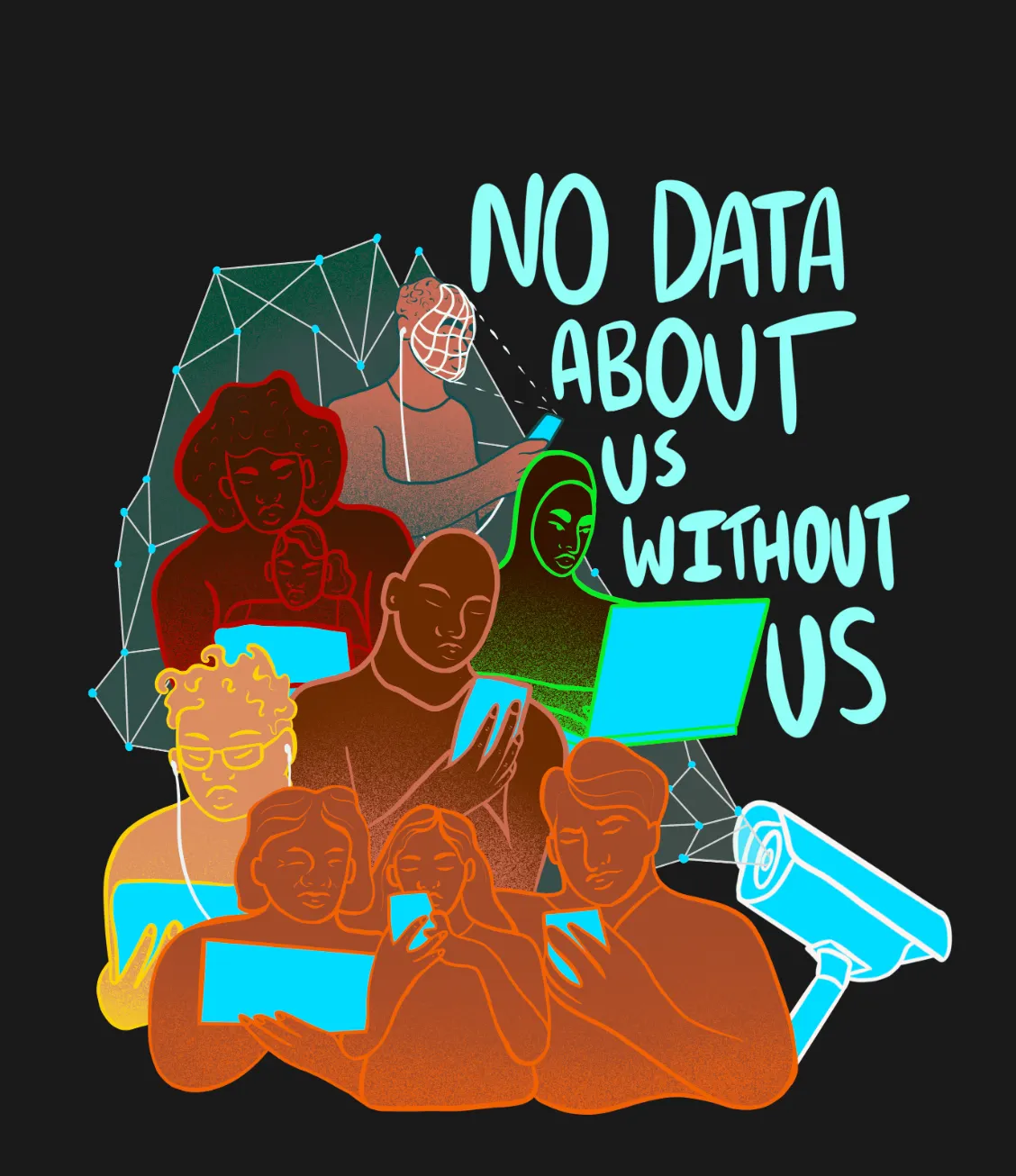Podcast of the Participants of We are Recording you Geneva
As a result of the 8 weeks of work, the participants of We Are Recording You Geneva produced two podcast episodes sharing their research. We invite you to listen the podcasts and read more about their research.

Podcast : Who Watches the Watchers in International Geneva
"Who Watches the Watchers" explores the presence of private surveillance actors in public spaces and its impact on the urban social contract in international Geneva. It highlights the contradictory views and feelings of those being surveilled and raises important questions around the transparency of the use of CCTV cameras and its impacts on civil society’s ability to create an effective and transparent dialogue between the private sector, civil society, and the public sector.

Participants:
Deanndre Chen
Aurélie Hutzli
Rishika Kumar
Hushitha
Georgeanala (Gigi) Flores
Mentor: Pedro Dosantos Maia
Problematic: Our research identified the problem of the rising number of private CCTV cameras in International Geneva. While CCTV cameras are installed to provide security in the area, there is a lack of transparency in how the data it captures is regulated. This creates uncertainty around the evolution of the social contract in the digital age, where the roles of private and State actors become blurred, and agency for privacy becomes constrained.
Methodology: We explored the awareness and sentiments of people in International Geneva towards CCTV cameras through surveys and field interviews, where we asked participants about their knowledge of CCTV cameras, how it affected them, and what they believed their purpose to be.
Results: The respondents had an ambivalent attitude towards CCTV cameras. Whilst CCTVs were perceived as intrusive by some, many were also willing to make the trade-off of being surveilled for the sake of security. Regardless of their stance, the majority of all respondents acknowledged that being surveilled would alter their behaviour. In parallel, many respondents held the belief that CCTV cameras are overseen by Swiss law enforcement agencies and are therefore less intrusive than in other parts of the world. However, almost no one knew how many CCTV cameras there were, nor who monitored the data being collected. The results reveal a misalignment of the social contract in international Geneva, whereby civil society’s understanding of surveillance through CCTV cameras is sparse. Addressing this misalignment is made difficult with the general lack of transparency around the implementation of CCTV cameras by private actors within the current legal norms and State practices.
Podcast: Migration and Surveillance Technologies in Geneva
Many States use digital tools as part of their political and security management of migration. It is common to think that these intrusive means of technological surveillance are used for bad and/or good purposes by States. But what is really the case?

Participants:
Margaux Germanier
Emma Viard
Waafa Meguenouni
Maël Azokly
Mentor: Ezekiel Kwetchi Takam
Problem and Research Questions: The use of surveillance technologies as tools of security policies in response to migration remains a largely unexplored area. In the era of the second digital revolution, it is intuitively suspected that various migration policies are instrumentally fuelled by surveillance technologies. But what exactly are these technologies? What are the strategies that support their use in the Geneva context and what are the stakes? These are the questions around which our research is structured.
Methodology: Our methodological approach was defined by two main phases: the analysis of primary sources to show the strategies/policies emanating from the Geneva administration or legislation (1st phase) and interviews with relevant actors, namely academics, professionals from the administration; associations in charge of assisting migrants (2nd phase).
Results: Information concerning digital surveillance at the continental or national level is more easily accessible than that concerning Geneva. Indeed, at the European level, Switzerland’s membership in FRONTEX demonstrates the country’s adherence to and participation in a certain policy of digital surveillance of migratory flows. In the same vein, a parliamentary initiative, if adopted, will authorize the search of asylum seekers’ cell phones when they cross the country’s borders to determine their itinerary, and therefore their eligibility for refugee status. As far as Geneva is concerned, however, the real digital tools used in the surveillance management of the migration issue remain unknown. Nevertheless, we have compiled some modest information based on a correlational and deductive approach that considers the paradigms of the continental and national contexts. Such an approach, because of its low productivity, has allowed us to hopefully eloquently highlight the need for further research on the topic to democratize the information.



